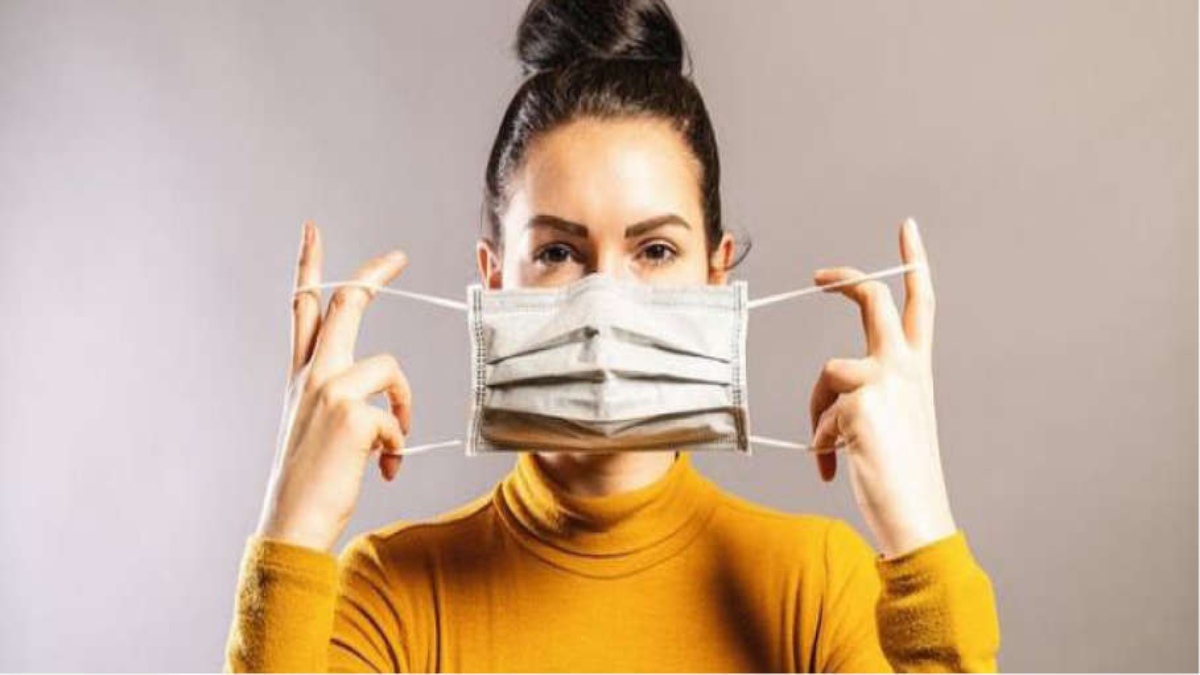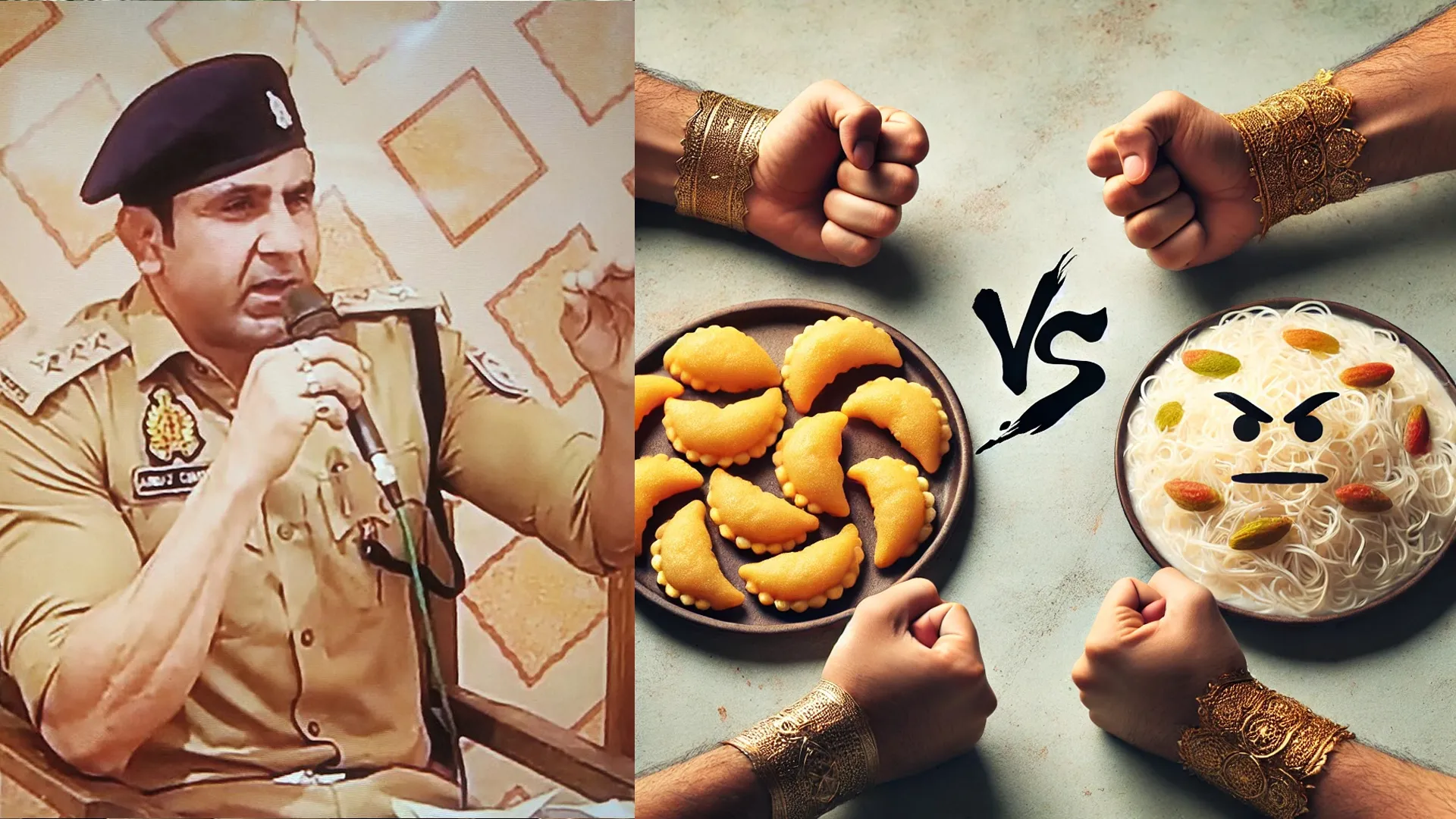About ten months after the first case of Covid-19 was confirmed in Kasaragod, Kerala on 3 February 2020, we still have a lot to learn about the novel coronavirus. While our country’s tally of Covid-19 currently stands at 9.88 million, the concerns about re-infection loom large. Much research is required to understand how long the antibodies developed after a recent Covid-19 infection will protect a person, if at all and are the antibodies even strong enough to fight a re-infection?
The question ‘whether one can be re-infected with Covid-19’ was answered in August 2020 when a 33-year-old man from Hong Kong was infected by the same virus for the second time! This was followed by another case of re-infection of a 25-year-old man from the United States. While these case studies are yet to be peer-reviewed, they bring clarity that re-infection is a reality. After these global developments, it was noted that if SARS-CoV-2 follows the footsteps of other pre-existing coronaviruses, reinfection will be common and will not remain to be a one-off case study.
Now if Covid-19 re-infection becomes the ‘new normal’ will it follow the path of common viruses that give you cold every year as the season changes? If so, one must understand one key difference between the two — seasonal cold is not fatal, Covid-19 can be and have a devastating and long-lasting impact!
Researchers across the globe continue to state that the life and strength of antibodies need to be studied deeply. This would require conducting large studies with a wider range of people who have recently recovered from Covid-19. Closer to home, Indian Council of Medical Research (ICMR) is studying the re-infection episodes among those who have been treated for Covid-19. While more data-driven facts are awaited, it needs to be understood that we cannot take antibodies for granted. They do not make for an ‘immunity passport’ as World Health Organization (WHO) aptly put it.
Now that it has been clarified that there is no fact-based understanding about the ability of our antibodies in fighting off a Covid-19 re-infection, let’s talk about the next phase of beating the virus — vaccination. There’s a need to take a closer look at how the vaccine deployment program will progress, how soon each of us will get the jab, and why it is important to get vaccinated.
Rollout: Ministry of Health and Family Welfare (MoHFW), India, recently released detailed guidelines about mass vaccination that will commence once a regulatory board approved vaccine gets the authorisation.
Priority: While this vaccine may be made available for emergency use, the phase I rollout is aimed at healthcare workers, frontline workers, people over 50 years, and those under 50 years with comorbidities
WHY GET VACCINATED?
Getting a Covid-19 vaccine may prevent you from getting seriously ill even if you do get infected, and it will protect people around you, particularly those at high risk!
Now we know re-infection is real so while we wait for Covid-19 vaccines, let’s continue to safeguard ourselves and our loved ones — it may be a few months before you get the jab if you don’t fall under the aforesaid category. Stay safe, positive, and if you’ve been infected before, don’t take antibodies for granted!
The writer is an infectious disease specialist at Fortis Hospital, Mulund.










